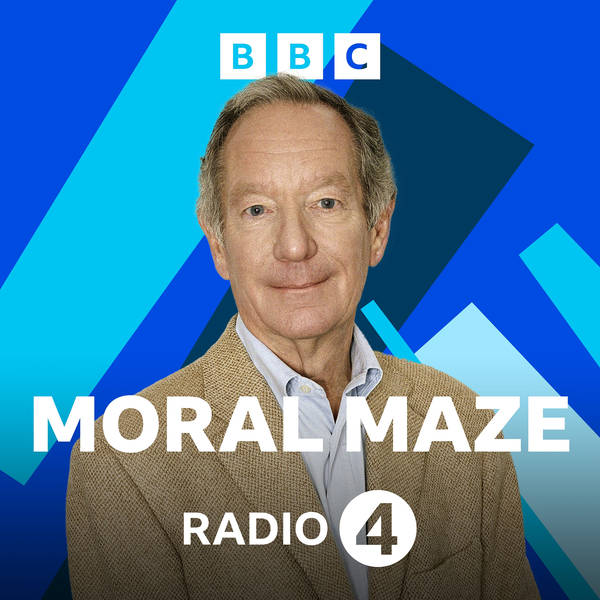
Historical Sex Abuse
The idea that we shouldn't speak ill of the dead has an ancient heritage dating as far back as 600BC. It's attributed to the Greek philosopher Chilon of Sparta, but judging by recent headlines around allegations of historic sex abuse it might not have much more of a shelf life. Police forces keen to redress claims that in the past they haven't treated victims fairly and to demonstrate they're not part of a an establishment cover up, are devoting huge resources to cases often dating back many decades and even when the alleged perpetrator is dead. Combine that with a press hungry for salacious gossip knowing that the dead can't sue for libel and it's open season on people who are not only unable to defend themselves, but who will never be brought to trial. The most famous example is the former Prime Minister Sir Edward Heath, but there are numerous others. Should the dead have the same rights as the living? Should they be presumed innocent until proven guilty? Is this just vindictive muck raking or do we owe the many victims of child abuse a duty to try to expose the truth, even after so many years have passed? If we aren't willing to expose what really happened 50 years ago, then what are the chances that we will ever face up to the truth of what happens today? There are those who argue that for too long the victim's voice has been ignored in our legal system and that these investigations help them get closure. But is that the same as justice? Should we hear these cases in court, or would they be better suited to some kind of truth and justice commission? In an increasingly victim-focused climate is our pursuit of historic crimes distorting the meaning of justice? Chaired by Michael Buerk with Giles Fraser, Claire Fox, Anne McElvoy and Mathew Taylor. Witnesses are Barbara Hewson, Peter Hitchens, Mark Watts and Malcolm Johnson.
